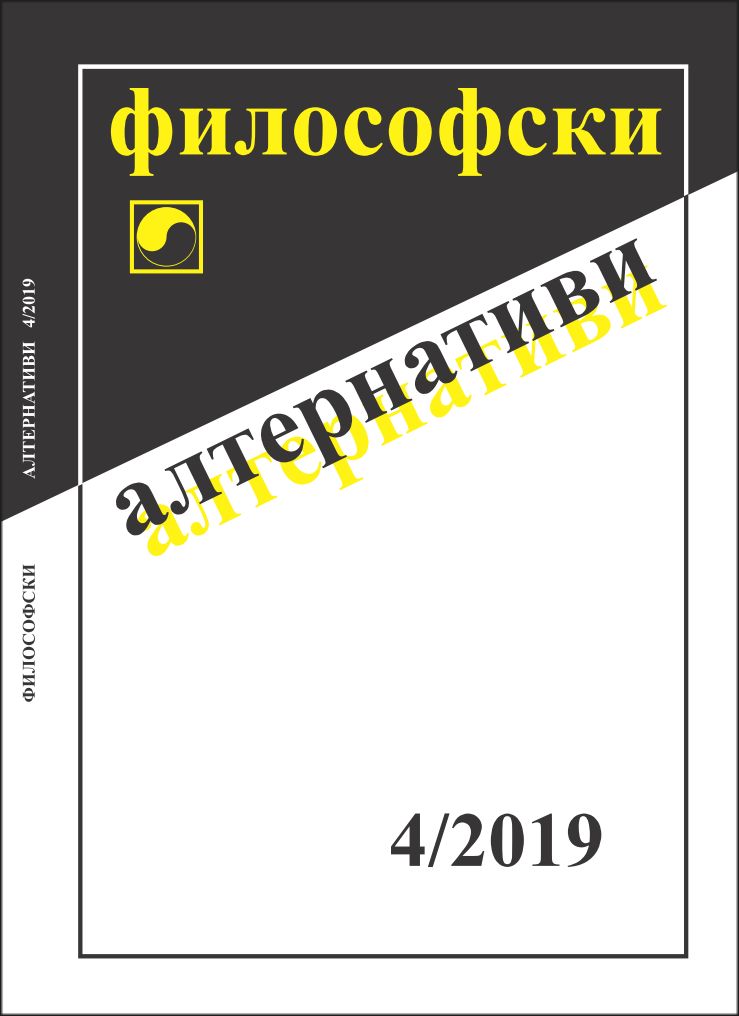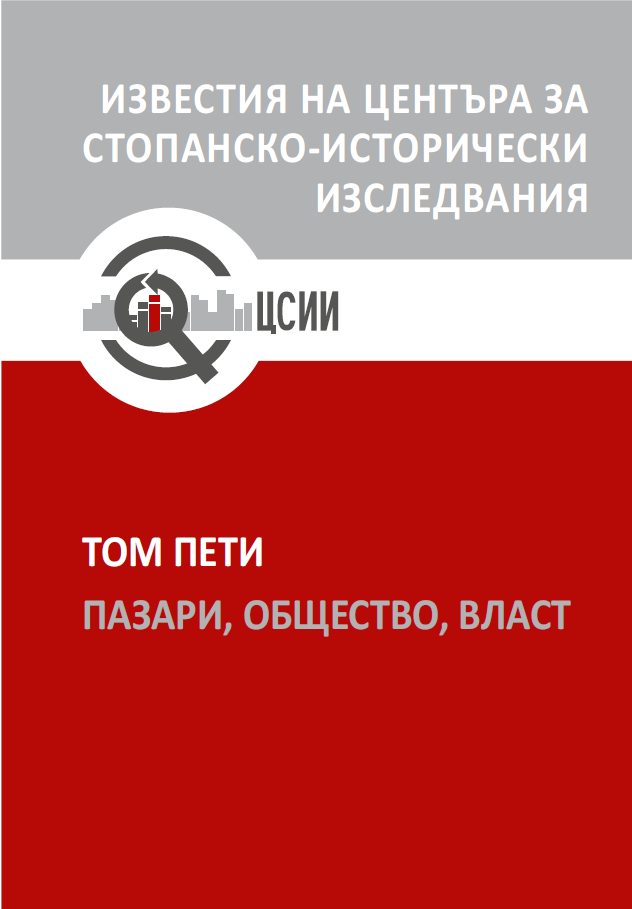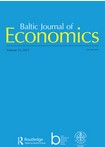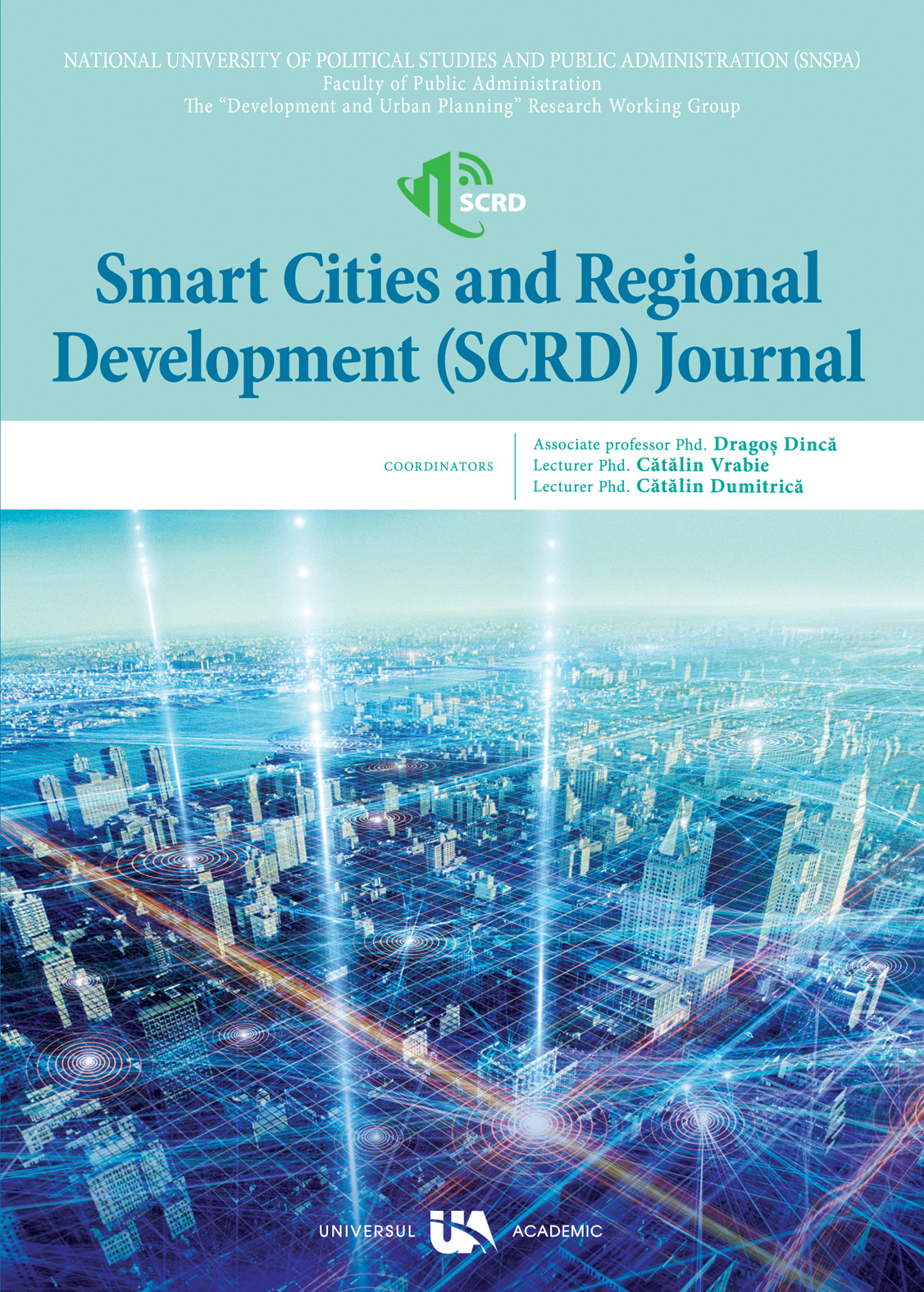
Дигиталните медии и промяната в публичната сфера
The article deals with changes that have taken place in the public sphere as a result of the digital revolution in the dissemination and processing of information. The term “public sphere” is used here in the sense it has for Habermas. Habermas, however, bases his conclusions mainly on studies of the printed media. The digital media have radically changed the way in which information is perceived, systematized, disseminated, analyzed, etc. The changes brought about by the social networks, their impact on the public sphere, are particularly significant. The article attempts to describe the different dynamics of the connection between private and public in the context of the global digital networks, and addresses the question as to how these networks change the very content of the public sphere.
More...
![Capitalul în România postcomunistă [Capital in Post-communist
Romania], by Florin Georgescu, Editura Academiei Române,
Bucureşti, 2018, 3 vol., ISBN 973-27-2936-6](/api/image/getissuecoverimage?id=picture_2019_53055.jpg)





